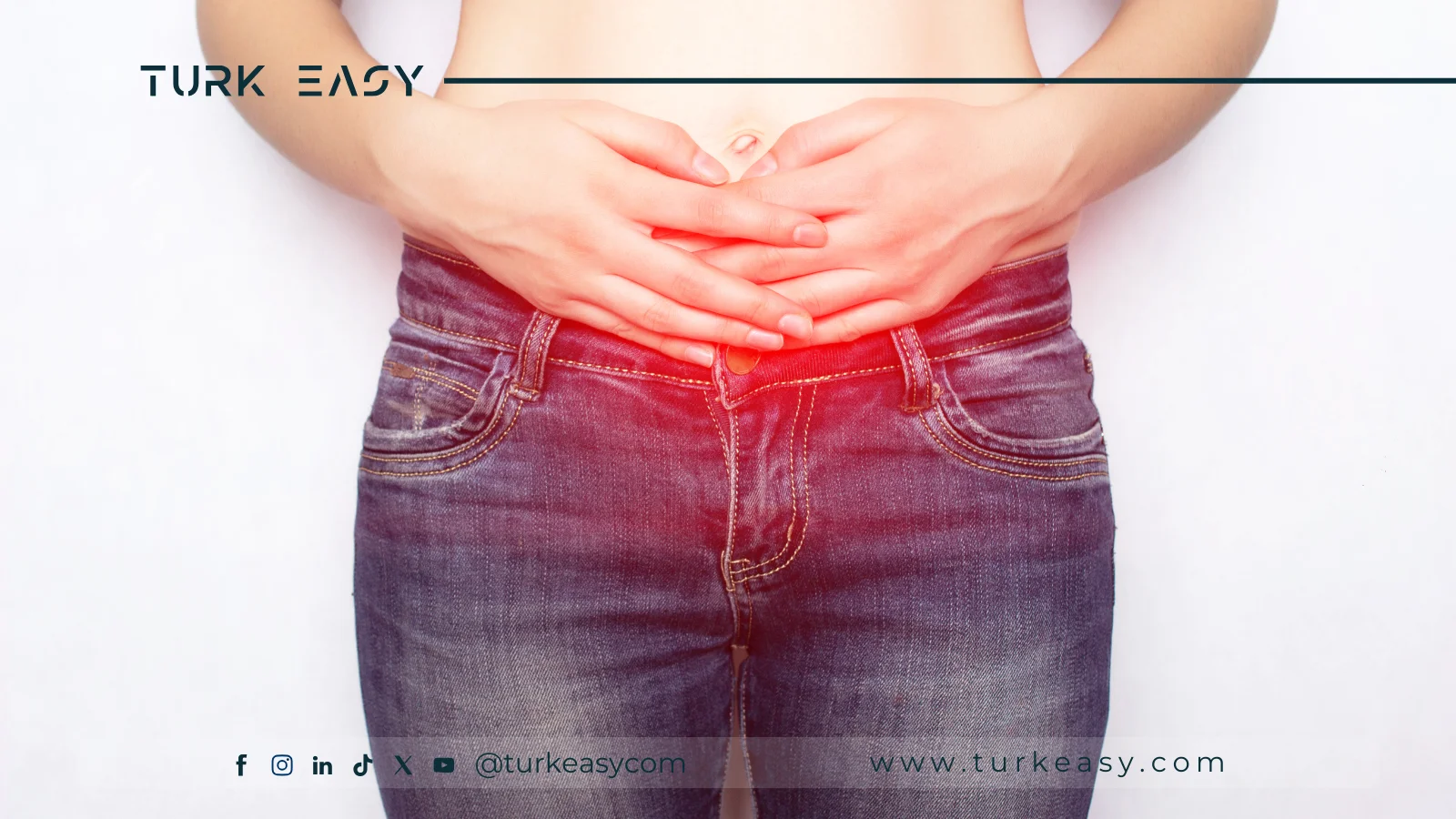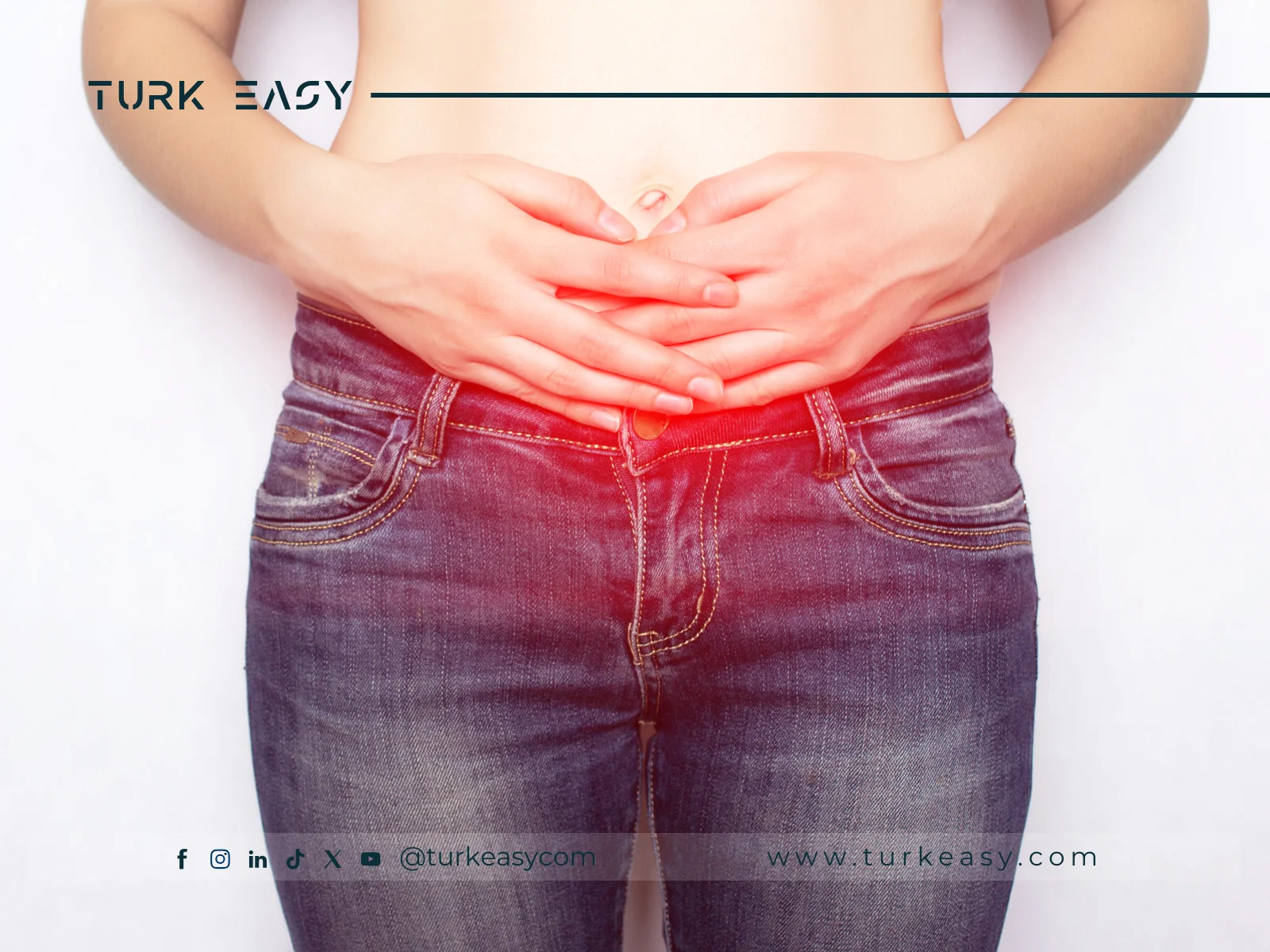Inguinal Hernia Surgery
The inguinal hernia is defined as the protrusion of a part of the abdomen through a weak point in the area below the abdomen, and it is one of the common problems that can occur at various ages, and although inguinal hernia is not among the serious diseases, it does not heal spontaneously. Its complications include late-stage intestinal obstruction, strangulation of the hernia, which can affect the patient's life if appropriate treatment measures are not taken, one of which is inguinal hernia surgery.
What is the inguinal canal?
The inguinal canal is also known by other names, such as the inguinal canal, or the inguinal canal, and it is a passage in the lower part of the abdomen, approximately 4 cm long, and its function varies depending on gender; In males, it helps in the passage of the testicular cords from the testicles to the abdominal area, while in females it passes through the round ligament of the uterus to the labia majora. The inguinal canal also carries the ilioinguinal nerve in both sexes, and the inguinal canal in males is larger in size and more prominent than in females.
What are the types of inguinal hernia?
- Direct inguinal hernia:
The direct inguinal hernia occurs as a result of the protrusion of a part of the small intestine through one of the weak points in the abdominal wall, and this mostly occurs in males, and is usually seen in the elderly or middle-aged population due to weakening of the abdominal muscles with age.
- Indirect inguinal hernia:
The indirect inguinal hernia is formed as a result of the failure of closure of the inguinal canal, after the descent of the testicle in early childhood stages, and this is considered the main cause of inguinal hernias in children. There are different types of indirect inguinal hernias, including complete hernias, cord hernias, and cord cysts.
What are the symptoms of inguinal hernia?
The symptoms or signs of inguinal hernia generally include:
- Pain in the inguinal hernia area, and this pain increases when bending forward.
- Swelling on one or both sides of the pubic bone area, and this swelling is clearly visible when standing or during exertion, coughing, defecating, or urinating.
- Swelling and pain in the testicular area, which occurs when the intestines protrude into the inguinal canal.
- Feeling of pressure and weakness in the inguinal area.
- Inguinal hernia is accompanied by a feeling of heaviness in the inguinal area.
The symptoms of inguinal hernia in children include:
- For infants:
In infants, the inguinal hernia protrudes clearly during coughing or defecation, and in this case, the baby cries intensely under unnatural conditions, and his behavior is characterized by nervousness, and his appetite will be less than normal.
- For adults:
They will clearly show signs of hernia when they have it during defecation.
What are the causes of inguinal hernia?
Inguinal hernia mostly occurs in infants due to the failure to close the inner lining membrane of the abdomen properly, leading to weakening of the abdominal wall. As for adults, it occurs as a result of vigorous physical activities, or chronic coughing caused by smoking. The causes of inguinal hernia include:
- Presence of weak points in the lower abdominal wall.
- Straining during urination or defecation.
- Abdominal surgery.
- Engaging in strenuous physical activity.
- Weakening of the abdominal walls after childbirth.
- Suffering from chronic sneezing and coughing.
- Increased pressure on the lower abdominal muscles.



